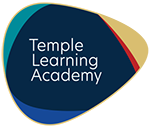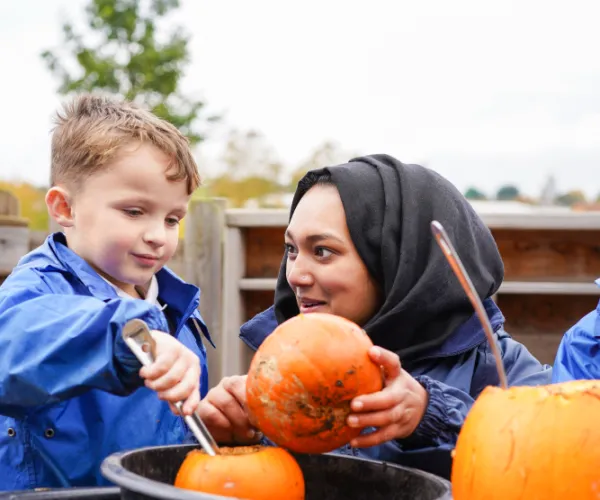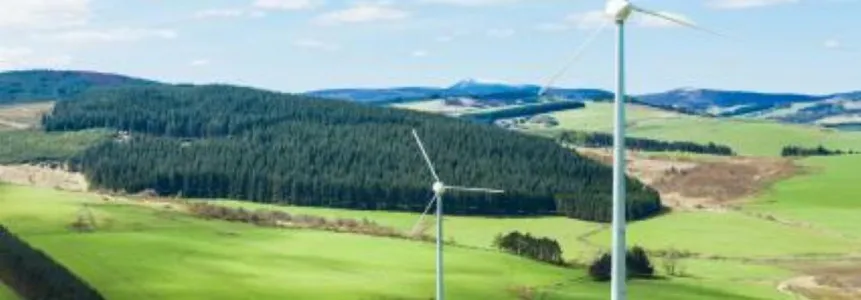Year 7
In Year 7, students begin their geography journey with a local investigation into Leeds, exploring the interaction between human and physical geography and how these processes shape change in the city. This local focus builds a strong foundation of place-based knowledge and allows students to see the relevance of geography in their everyday lives. Alongside this, they develop key geographical competencies, including atlas skills, grid references and the use of scale, which are revisited and embedded across all topics at Key Stage 3 to ensure progression and mastery.
As the year progresses, students broaden their horizons by studying physical geography at a global scale, examining how natural processes can create hazards for people in different contexts. Through carefully chosen case studies – such as Europe and the EU, Russia and Ukraine, the One Child Policy in China, and the 1995 Kobe Earthquake in Japan – students develop their understanding of place, space and interdependence, while also engaging with wider themes of sustainability, globalisation and risk. This combination of local and global studies ensures that students not only build secure substantive knowledge but also practise the disciplinary thinking skills needed to analyse and interpret geographical issues critically.
Topics explored throughout the year:
Autumn – Introduction to Human and Physical Geography
Spring – Exploring Europe and Researching Russia
Summer – Analysing Asia's Human and Physical Features
Year 8
In Year 8, students extend their geographical understanding by exploring the significance of South America on a global scale. They begin with the Amazon rainforest, studying its role as a vital source of biodiversity and examining the far-reaching consequences of deforestation. This is followed by an investigation into the human geography of the continent, focusing on urbanisation, population growth and the inequalities created by uneven development.
During the Spring term, the curriculum shifts to North America, where students study the impacts of tectonic and weather hazards, including major events such as Hurricane Katrina and the San Francisco earthquake. This allows them to apply their understanding of physical processes while considering how people prepare for and respond to natural disasters.
In the Summer term, students turn their attention to the Middle East, where they explore the unique climate of desert environments and the adaptations that enable life to thrive there. They also examine the challenges posed by climate change in the region and evaluate strategies humans are using to mitigate its effects. Case studies, such as Rio de Janeiro, provide rich opportunities to investigate how place, environment and human activity are interconnected, strengthening both students’ substantive knowledge and their ability to think critically about complex global issues.
Topics explored throughout the year:
Autumn – South America's Human and Physical Features
Spring – Navigating North America's Human and Physical Features
Summer – Mapping the Middle Easts' Human and Physical Feature
Year 9
In Year 9, students deepen their geographical knowledge by engaging with broader and more complex case studies. They begin with a study of Africa, challenging common stereotypes while developing an appreciation of the continent’s diversity, culture and economic potential. This supports the development of students’ cultural capital and encourages them to view global issues with greater balance and understanding.
The curriculum then turns to extreme environments, where students investigate the Arctic and Antarctic, analysing the unique physical characteristics of these regions and considering their increasing global importance in the context of climate change. In 2025, a new topic on Dark Tourism is introduced, providing students with the opportunity to evaluate the benefits of tourism while critically examining the social, cultural and ethical responsibilities of such sites.
Finally, students explore the theme of global development through the study of China’s mega projects, such as the Belt and Road Initiative and the Three Gorges Dam. Here, they learn to weigh the economic and social benefits of large-scale projects against their environmental and human costs, further refining their ability to evaluate and form evidence-based judgements. Case studies including Nigeria, Uganda, Antarctica and China ensure students encounter a diverse range of global contexts, equipping them with the knowledge and skills to think critically about the complex challenges of the 21st century.
Topics explored throughout the year:
Autumn – Assessing Africa's Human and Physical Features
Spring – Analysing Antarctica and Dark Tourism
Summer – Classifying China's Human and Physical Features.
During KS3 students will develop their geographical investigative skills in conducting a short fieldwork study. This allows students to collect their own primary data and develop their data presentation techniques.
At the end of KS3, students can choose whether to continue to study Geography into KS4 and gain a qualification. For those that do not continue to study Geography we hope they continue with their education with a lifelong love of the physical processes which shape our planet, an appreciation of how humans interact with world, and be able to recognise their current and future role within society. We also hope that they will have developed skills such as evaluation, interpretation and analysis which will be supportive when applying knowledge through different contexts and subjects into KS4.










